As the Economic Community of West African States (ECOWAS) continues to explore diplomatic channels to bring back ousted Nigerien President Mohamed Bazoum, it is yet...
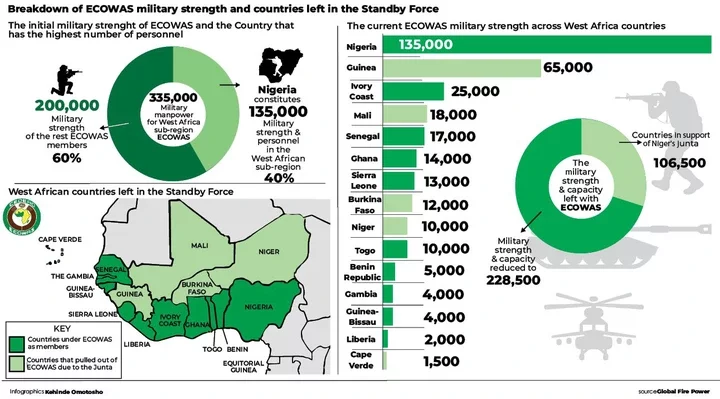
As the Economic Community of West African States (ECOWAS) continues to explore diplomatic channels to bring back ousted Nigerien President Mohamed Bazoum, it is yet to rule out the use of force to send the coup leaders back to the barracks.
Since the ECOWAS Chiefs of Defence Staff said they were waiting for a green light to activate their standby force, a lot of questions have been raised, particularly on how practicable military solution would be in Niger.
Stakeholders, who spoke to Daily Trust on Sunday queried the existence of any ECOWAS Standby Force, the readiness of member countries, availability of boots (population of officers), strength and capacity of such force, its operational and legal framework as well as the resources (financing) of the standby force.
Although by its original design, the regional bloc was set up to promote economic integration and cooperation among member states, it has intervened in peacekeeping missions in Sierra Leone, Liberia, Guinea Bissau, among others, through the ECOWAS Monitoring Group (ECOMOG), with the most recent in The Gambia.
However, the functionality of ECOMOG or any ad-hoc military arrangement had overtime and often been anchored by the Nigerian armed forces with sub-battalion strength units contributed by other ECOWAS members.
What is ECOWAS Standby Force?
President Bola Tinubu, who spoke recently at a meeting of the regional bloc, said the standby force meant the use of force as a last resort if diplomacy failed.
In the same vein, Paul Williams, a security policy expert, said, "The ECOWAS Standby Force is a part of the larger African Standby Force (ASF) structure which comprises five regional forces (Northern, Eastern, Western/ECOWAS, Central and Southern)."
However, what that force entails remains unclear as there has not been an official communication from the regional bloc about how it would be constituted or what its modus operandi would be.
In December, 2022, ECOWAS reached an agreement after a summit to establish a regional peacekeeping force aimed at countering terrorism and reinstating democratic governance following military coups.
The standby force is to be headed by the CsDS from member countries as the military unit of ECOWAS aims to tackle terrorism and coup threats as in Niger, Mali, Guinea and Burkina Faso.
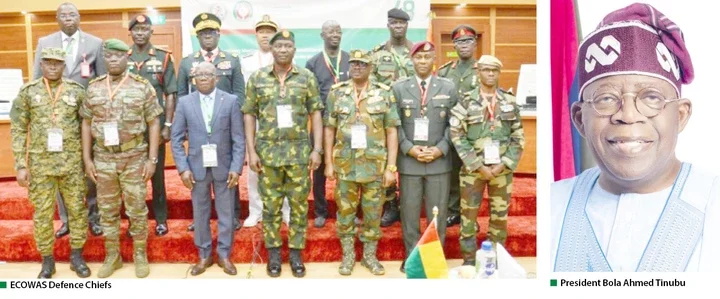
Tasks before ECOWAS
Experts and observers argue that the formation of ECOMOG in the past failed to meet the constitutional legal requirements of ECOWAS in the formation of a regional force.
While ECOWAS has been involved in several stabilisation missions in the sub-region, it is only in reaction to the recent trend of coups in the sub-region that ECOWAS leaders resolved to set up a regional force in the true sense of it.
On December 4, 2022, the president of the ECOWAS Commission, Omar Alieu Touray, was quoted as saying, "Leaders of the Economic Community of West African States have decided to act to take care of our own security in the region.
"They are determined to establish a regional force that will intervene in the event of need, whether this is in the area of security or terrorism, and restore constitutional order in member countries."
'It isn't a ready-made organisation'
Explaining the concept of the ECOWAS Standby Force in an interview with Daily Trust on Sunday, a former Nigerian CDS, Gen Martin Luther Agwai (Rtd), said the force was not a ready-made organisation, adding that they were forces that would be drawn from military strength of each member country.
He said, "The standby force doesn't mean that there's a force that ECOWAS has as an organisation standing by. No! The standby force is a force that member countries have pledged. It is based on the pledges by member countries that when they're required they would be assembled."
A professor of international relations and Chief Executive Officer of the Centre for Legislative Studies in Africa, Usman Muhammad, expressed skepticism on the availability of a charter that states ready-made protocols and rules of engagement for the officers that will be donated.
He said, "If the charter says that these countries (ECOWAS member states) would come up with a formula and a force to be reckoned with through contributions and go into any state that is either about to fall or has witness this type of coup in Niger, that means it is not a standby force, it is contributory and is voluntary also.
"Some other states might look at their economic purse, strength and weakness and say they will not be able to contribute, but there will be no offence since it is not obligatory. Even when you contribute forces, even if you are strong, there have to be some rules of engagement, there has to be some other protocols before you move in."
Dr Umar Ardo, who has taught political history at the Nigerian Defence Academy (NDA), said: ""No country or international body or organisation has any right of invading another country based on ideological differences without such invasion breaching stipulated international law.
"Besides, there is no universally acceptable definition of democracy. Every nation practices its own defined version of democracy, and so no nation or ideological bloc has the right to invade and impose its version of democratic practice on another.
"It is, therefore, preposterous for ECOWAS or the African Union (AU) or NATO or any other international ideological bloc to establish a standing military force for offensive against defensive purposes.
"In other words, international blocs can establish military forces for defensive purposes only; to protect themselves and/or their interests against external attack and interference.
"Nations don't establish a continental or sub-continental military force to wage war against other sovereign nations on account of ideological differences. It should never be done anywhere in the world. Otherwise wherein lies the indomitable principle of non-interference in the internal affairs of sovereign states as guaranteed by both charters of the UN and the AU?
"In addition, both charters of the UN and AU stipulate that every sovereign state shall have the inalienable right to independent existence! This presupposes that every nation shall determine its affairs howsoever it sees best if such affairs constitute no threat to the existence or well-being of another nation or to that of an international community or to that of humanity and its well-being.
"Neither military rule nor monarchy nor any such non-democratic governance constitute any such threat."
Don't donate our forces - Fani-Kayode
Commenting on the back and forth on deploying troops to Niger Republic, a former Minister of Aviation, Femi Fani-Kayode, counselled the federal government not to "donate" Nigeria's military personnel to any standby force considering the present spate of insecurity in the country.
Fani-Kayode, who made the plea via his X (formerly Twitter) handle, said Nigeria could not afford to commit its meagre resources to such mission, claiming that the country had altogether about 200,000 personnel across the three services in the country.
He said, "ECOWAS doesn't even have a combat-ready force. They will depend on Nigeria. Presently, Nigeria gives more than 80 per cent of the MNJTF funds. Again, Nigeria's military is currently engaged in internal operations in all the six geo-political zones.
"We only have about 200,000 personnel in all ranks and for the three services. With the current economic crunch, where are the resources coming from? To depend on the Western countries that have their own interests to protect?
"Our IDPs and refugees are still in camps, we have not been able to resettle them for more than ten years, so how do we handle additional mass of IDPs and refugees that would definitely result from the crisis? Nigeria would be in deep sh-t if we go for this adventure."
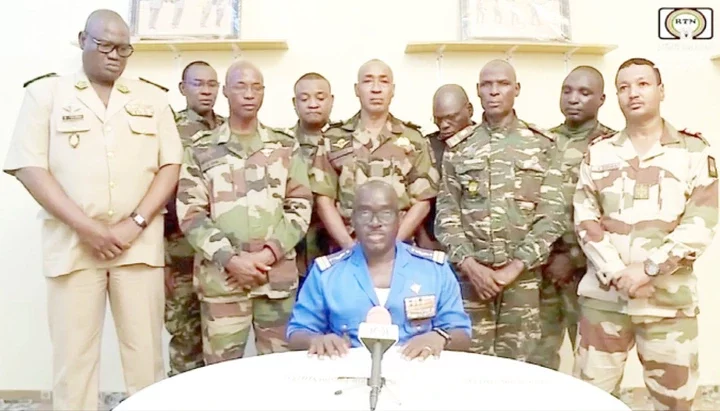
Military personnel strength in ECOWAS countries
Checks by Daily Trust on Sunday showed that an estimate by Global Firepower puts the combined active military manpower in the West African sub-region at 335,000, with Nigeria accounting for the highest number of troops at 135,000.
With the decision of Mali, Burkina Faso, Guinea and Cape Verde not to be part of any military intervention against the junta in the Republic of Niger, the military strength and the capacity of the ECOWAS troops have been further depleted to about 229,000 active troops.
Security experts and stakeholders, who spoke to Daily Trust on Sunday, expressed worry that Nigeria, being the largest economy in the sub-region, might be left to bear the cost of the military intervention in the Republic of Niger.
Speaking further, Gen. Agwai noted that while ECOWAS would have to think about the likely impact of military intervention before going ahead; it would equally be imperative to consider its readiness in terms of resources and other necessary considerations.
He said, "If there is a division, and people are not willing to go, it could then be the operation would be conducted by the willing forces. If there are those countries that are willing to go, then they can still operate under the umbrella and mandate of ECOWAS.
"So, it does not necessarily mean that the whole countries must sign into and give troops. Some may sign on and say they have no troops to give. If ECOWAS feels that in her estimation and consideration, what they have already on the ground is strong enough to do that, she could still go ahead to do it."
On funding of the military intervention in Niger, Gen. Agwai said, "Because of the dominance of the country (Nigeria) a lot is expected and the country is likely going to shoulder the highest percentage of the cost."
He, however, noted that "ECOWAS has other means of raising funds. There are members of ECOWAS who could say we are donating money but we are not going to donate troops to honour our pledge of troops, but we will contribute to the logistics and the resources required for the operation.
"There are other organisations like the AU, the UN, the EU and other prominent countries. If they believe in the course of ECOWAS, they can contribute to do that, but I think that war is not a tea party. I am sure before ECOWAS will ever think of launching any troops into Niger, they have to think across the whole spectrum."
In the same vein, Prof. Muhammad warned ECOWAS leaders against allowing themselves to be used by foreign powers, stressing that, "If France needs Nigeria to intervene and go into Niger, let France start.
"We cannot be used as cannon fodder, we are more than pawns. Nigeria is Niger and Niger is Nigeria. There's no how war would not affect the entire part of Northern Nigeria."

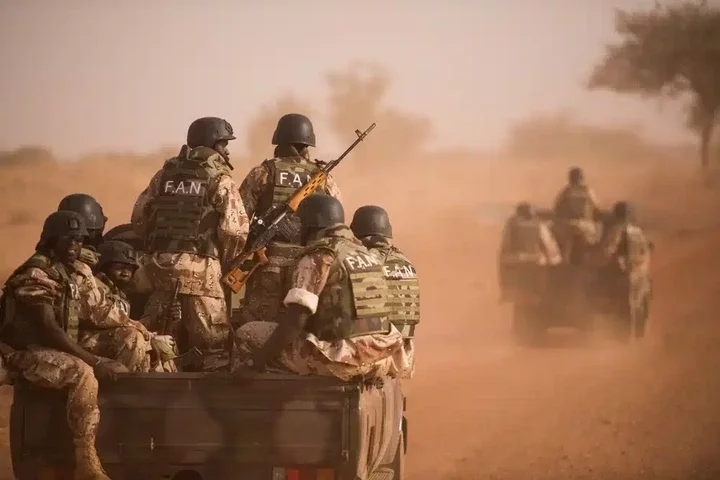
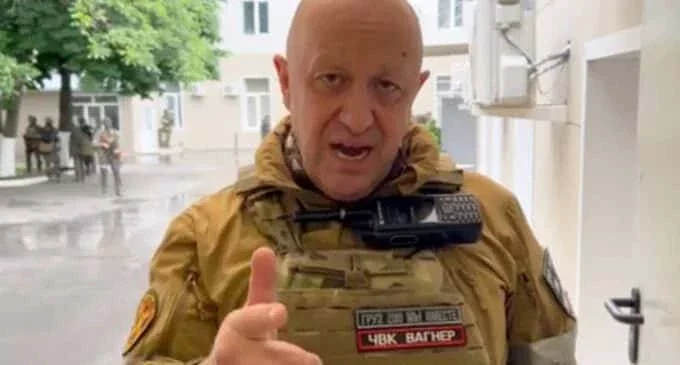
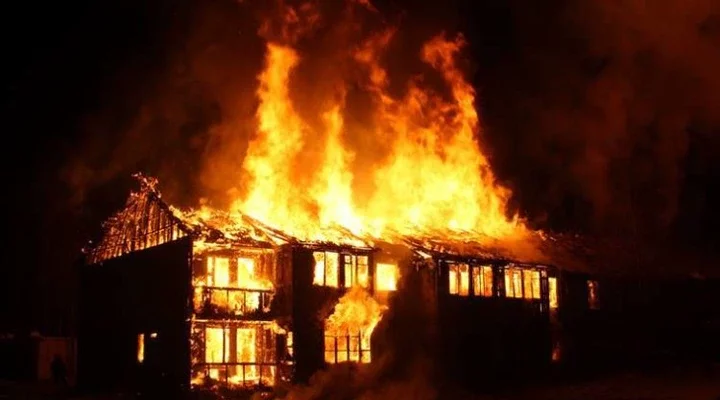
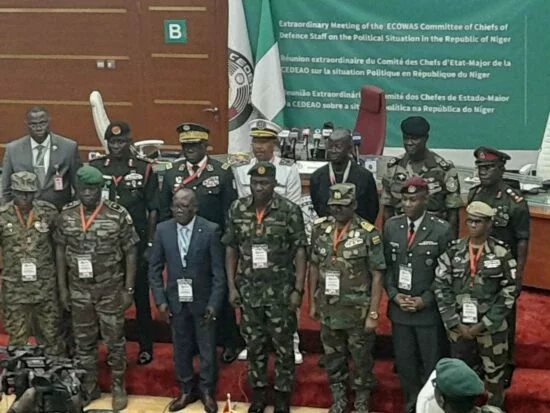
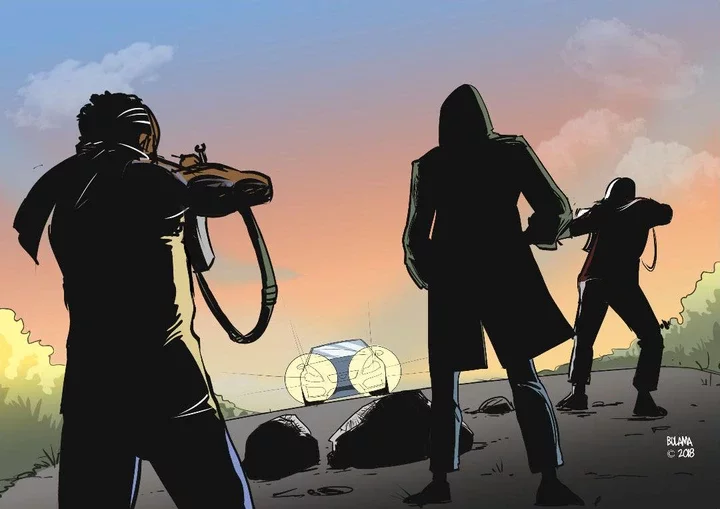
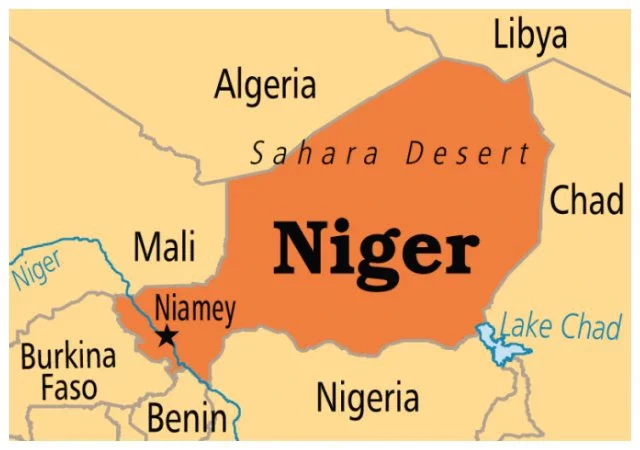

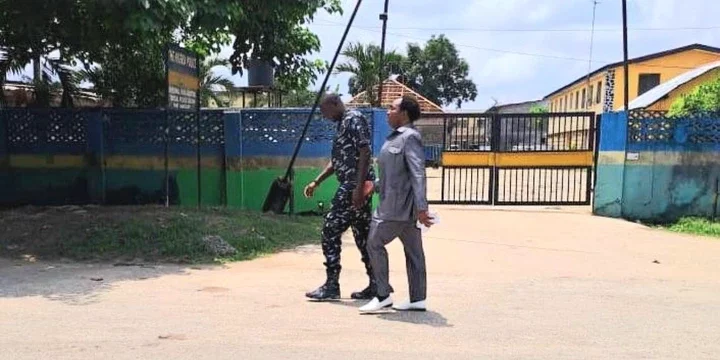


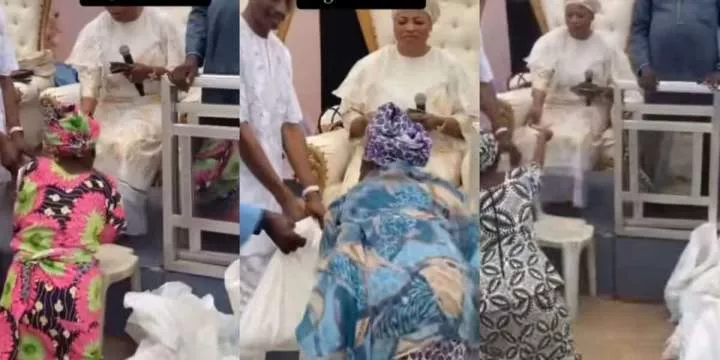

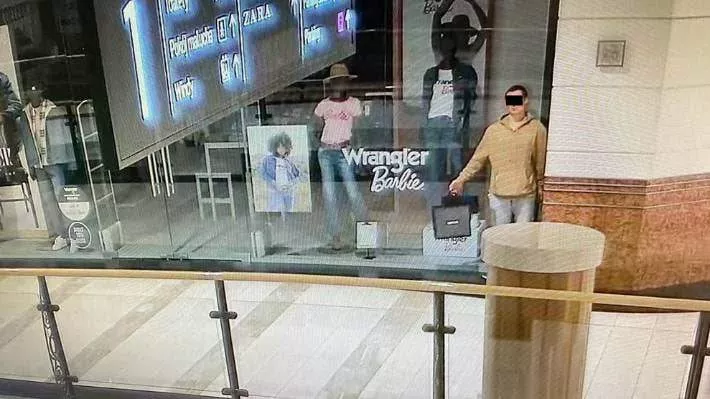


Comments